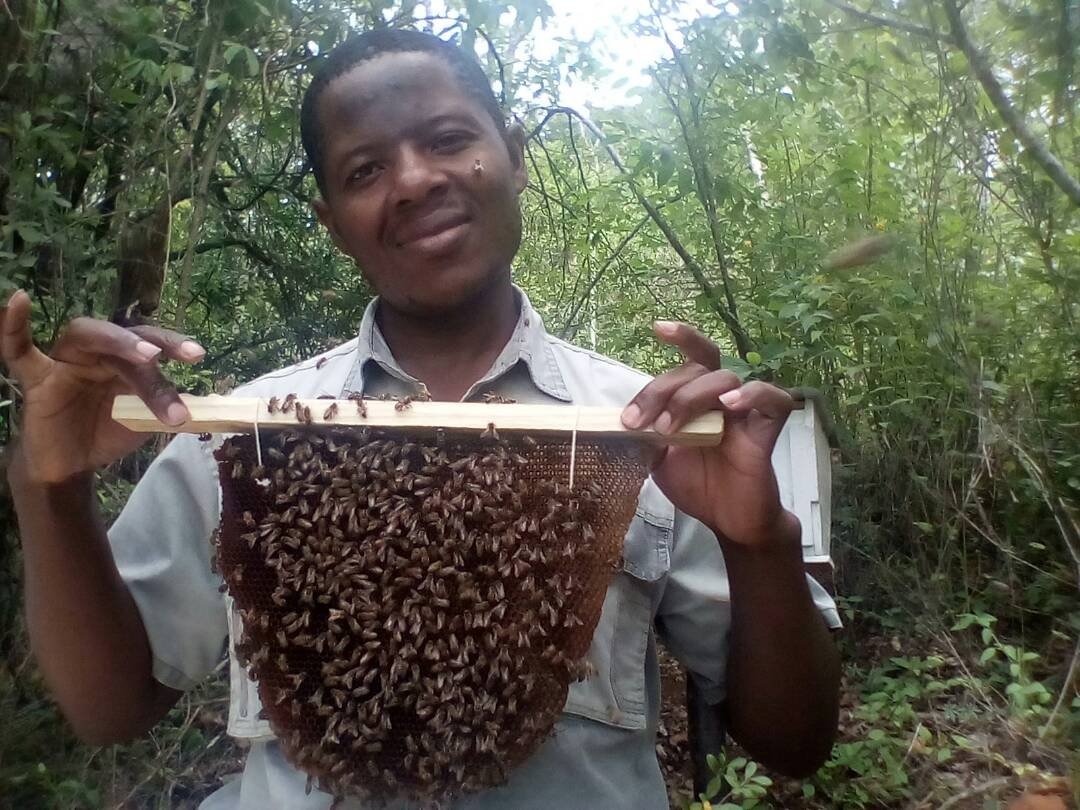…As fake honey floods market
Courage Dutiro
Commercial beekeepers and honey extractors in the country are feeling the sting of climate change and the hostile economic environment.
Speaking in connection with the World Bee Day commemorations Ishmael Sithole a professional beekeeper and honey extractor in Chipinge district said in a country with most of its citizens living below the Poverty Datum Line (PDL), people value price over genuine quality products.
“With over 49% of the country’s population living in extreme poverty, it means the bulk of people are very price sensitive. They value price over quality, hence the influx of cheap fake honey in the market which is a big blow to genuine producers,” he said.
He also said traders who engage in honey adulteration are only interested in profiteering rather than in producing genuine healthy commodities.
“Fake honey traders are a threat to both consumers and genuine traders. Honey is food hence adulteration of honey is a classical example of food fraud. Honey traders who engage in such activities are just interested in making money even at the expense of food poisoning consumers,” said Sithole.
However, he lamented climate change and deforestation as another sting on the Apiculture industry.
“Deforestation and climate change contribute to the reduction of flowering plants in dry lands leading to limited nectar and pollen production which are key ingredients for honey production by the bees,” he said.
Some of the key impacts of climate change affecting the apiculture industry include the shifting of seasons, which have become less predictable and weather such as summer droughts and prolonged flooding.
In areas where bees are kept, deforestation is slowed down as they deter wood poachers.
Bees play a critical role in the preservation, conservation of the ecosystem and human food supply.
Worldwide, it is estimated that half of the pollinators of tropical plants are bees.
They are among some of the nature-based solutions to climate change, environmental issues and also being the world pollinators.
Bee pollination has been identified as directly contributing to food security which is goal number 2 of the Sustainable Development Goals (SDGs) and biodiversity which is SDG15.
The introduction of beekeeping community clubs in rural areas where village heads will be the heads of clubs can also play a pivotal role in preserving the rapidly decreasing population of the pollinators in the country and this can also lead to a healthy life and functioning ecosystem.
Such beekeeping clubs play also a pivotal role in pushing for the achievement of the Global sustainable development goals.
Vocational education in beekeeping both for business and forestry conservation could promote economic opportunities for employment and entrepreneurial enterprise and diversification for indigenous groups.







